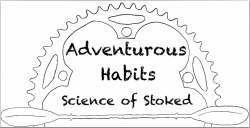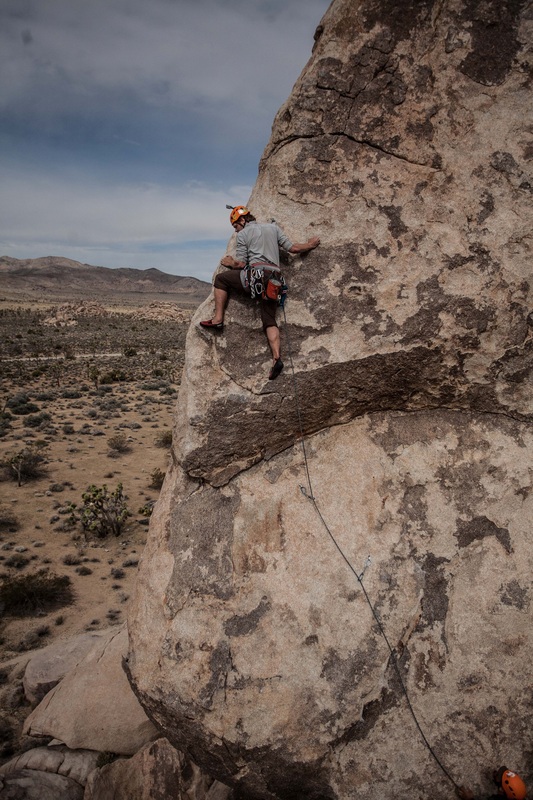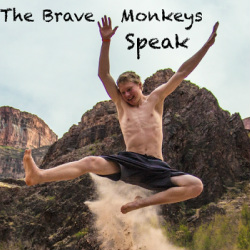One of the most important, foundational principles in understanding yourself for the purposes of personal development and growth is to understand your biological reactivity - are you inclined to seek out novelty or does doing things outside of your comfort zone make you nervous. Your reactivity can also relate to how and where you get your energy - does a shady spot in a park with a book or jumping out of a plane with a parachute give you more vigor for life? It turns out that introversion and extroversion, similarly, are mostly about this precious resource rather than just ‘do you like people or not?’.
Whereas extroverts tend to actively get energy from interacting with people, introverts tend to use energy to interact with others and must rest and rejuvenate afterwards. But the intricacies of the topic go much deeper - it turns out that your reactivity and introversion or extraversion can be related, and the reasons behind these phenomena come down to our unique psychological wiring.
The work of psychologist Jerome Kagan illustrates this quite eloquently. In Kagan’s famous line of longitudinal studies (perhaps made famous by Susan Cain’s fabulous work: Quiet - a highly recommended read for all human beings), children were followed from birth well into their teenage years, exposed to various novel stimuli along the way. As infants, some 20% of the test subjects had dramatic, noisy reactions to the new stimuli (which could include balloons popping or hearing the recorded voices of strangers), 40% had mild, quiet reactions, and the rest were somewhere in between.
Kagan’s prediction - that the babies with dramatic, noisy reactions would turn into the quiet teenagers of the bunch - came true. Why?
It’s all about the individuals threshold for stimulation. The babies that had dramatic and noisy reactions to the stimuli had very low thresholds for stimulation - they could be called highly reactive - most everything would put them on edge. On the other hand, the babies that had quiet, mellow reactions to the same stimuli had a very high threshold for stimulation - they could handle much more sensory input without going on overload. They could be called low-reactive.
Among those in the field of psychology, the Hebbian version of the Yerkes Dodson Law is well known. Basically, it states that under very low stimulation or arousal levels, an individual will be bored and their performance in whatever task they are completing will be poor. As stimulation and arousal levels go up (whether by an increase in sensory stimuli like popping balloons or an increase in expectation from a boss), performance will begin to go up... to a certain point. After that point is reached, arousal level is too high (the individual is overstimulated or scared) and performance declines.
None of us want to be bored or frightened, so each of us seeks out the perfect level of stimulation to create a flow state of optimal performance and arousal.
Now, if you were one of the babies that was kicking and screaming when you heard the balloon pop because your stimulation threshold is low (meaning you are high reactive), then you can bet that going to a party with tons of new people and loud noises is going to put you in an anxious, overstimulated state. Does that happen to you? It happens to me. We are the high-reactive folks - the introverts - we choose to get into flow by avoiding louder parties and instead by having meaningful conversations with a close friend or going on a quiet run in the forest.
Conversely, if you were one of the babies that was totally fine with new stimuli because you have a high threshold, you are going to choose to find that sweet spot by doing things that increase arousal. That may be attending a big party, or that may be leading a rock climb or skydiving.
See what I’m getting at here?
Now before we go any further, it’s important to note that your unique awesomeness cares nothing as to whether you are low or high reactive, an introvert or an extrovert. As Cain eloquently highlights, each have their powerful strengths, and the world needs both. Take research completed by Professor David Sloan Wilson where he dropped metal cages into a pond filled with pumkinseed fish, whom also have a propensity for finding their appropriate level of stimulation. The bold, low-reactive fish immediately investigated the traps... and caught themselves! On the other hand, other highly reactive fish would go nowhere near the traps. Wilson had to catch them using a complicated netting system from which they could not escape.
Stupid low-reactive extravert fish, right? No. Once Wilson had the fish back in his lab’s tanks, the low-reactive fish responded by immediately adapting to the novelty of the situation, eating the food he provided them and thriving in the tanks. The highly reactive fish, on the other hand, nearly starved themselves refusing to adapt to the novelty of the place.
All of this is not to say that if you are highly reactive and introverted you will have less success on adventures, which by nature provide novelty and stimulation (I am a total introvert). Instead, this is to say that by understanding your own unique psychology, you can begin to make choices that will allow you to push the boundaries of your comfort zone at an appropriate pace.
If you are naturally highly reactive, knowing this tendency will allow you to practice beginning to enter a flow state without becoming anxious and unresponsive. On the other hand, if you are naturally low-reactive and need to seek out thrills to keep from becoming bored, you can practice assessing risk/reward in order to slow yourself down before making a hasty decision.
Translate this to mountain biking or climbing: if you are the cautious, reserved type, these activities provide a perfect platform for you to begin to confront fear and develop new, positive scripts to help you push past it. You are comfortable with all but one steep, technical section of your favorite trail? Practice riding down stairs, doing drops, breathing through the entirety of hard sections, and increasing your level of comfort with technical terrain. Then, go for it.
If you are the go-for-it, all out type... well, maybe begin to practice slowign yourself down so as to consciously analyze the fall potential on routes, place extra gear, and scrutinize the quality of your placements.
When I was first able to achieve a flow state while rock climbing (I have a naturally-wired fear of heights), I realized that I had not only reached a crucial turning point in my relationship with climbing, but also with fear. I knew how to master it. That’s not to say I could master it each and every time it confronted me - it’s freaking hard! But it is to say that I knew how to go about doing it. This was really the spark that lit the fire that is this book. I don’t think it’s a coincidence that when I finally became comfortable leading certain run-out climbs that were within my ability levels coincided with the time I finally was able to commit and clear table top jumps on my mountain bike, and the time I told my employers exactly what I was looking for, on my terms.
So what is your personal psychological wiring like? This is one of the first steps in developing personal resilience - next episode we are going to talk about what happens, on a biochemical level, when you are confronted with stress. And, of course, some techniques that you can use to keep your body’s biochemistry working to your advantage.




